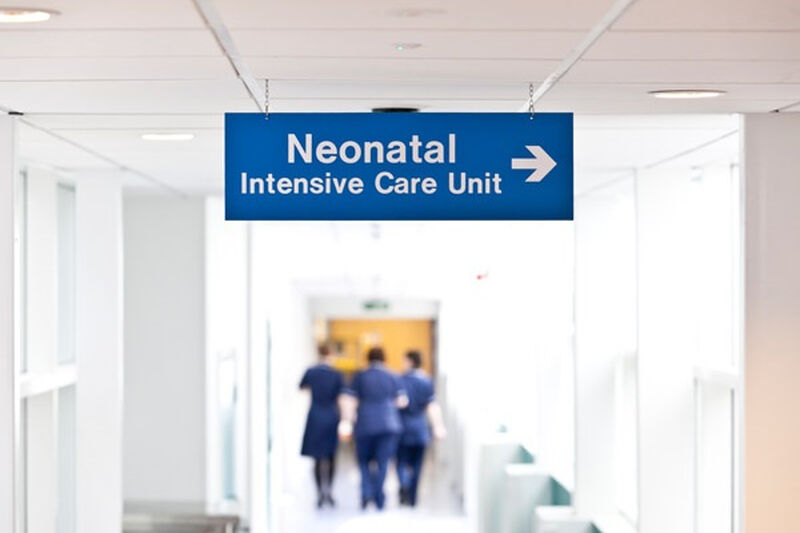We heard from 719 respondents who identified as working within UK neonatal services in the UK. Most were neonatal nurses (83%) and the majority worked in Neonatal Intensive Care Units (63%). This survey was conducted before the COVID-19 pandemic.
We wanted to know if the neonatal environment affected the mental health affected the mental health and well-being of staff - and if so, how. We also wanted to know what support is available to neonatal professionals. This is what they told us.
Impact on mental health and well-being
Over half of respondents said their mental health deteriorated over the previous 12 months. Respondents working in settings without access to support were more likely to say their mental health had become worse, and less likely to say it stayed the same.
